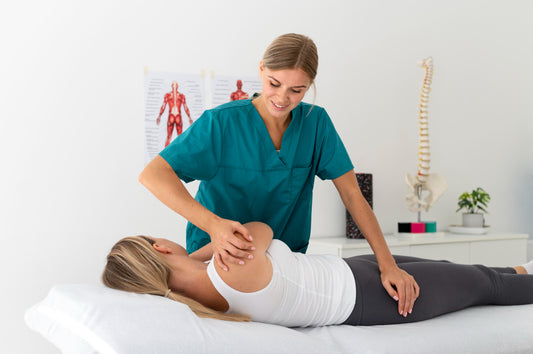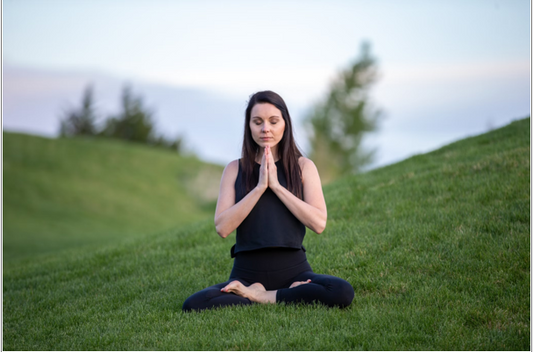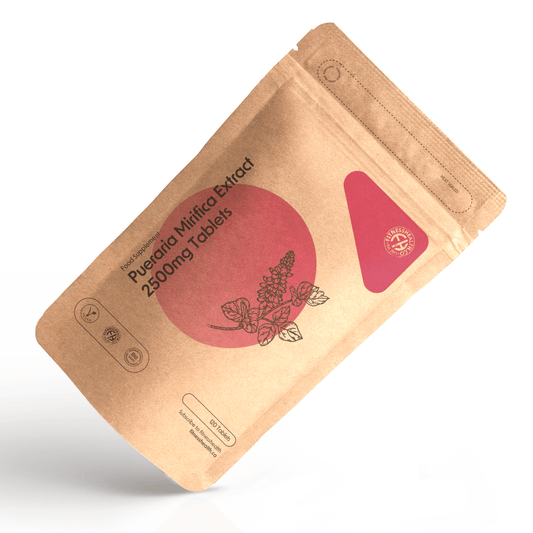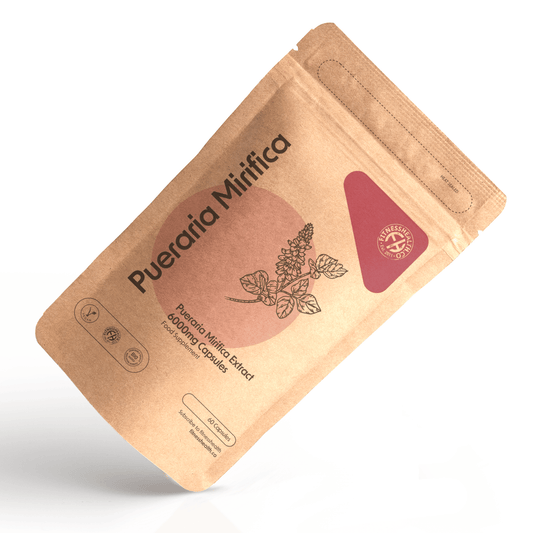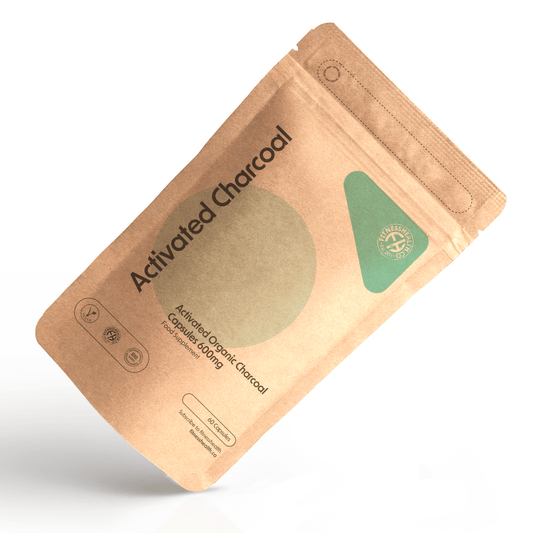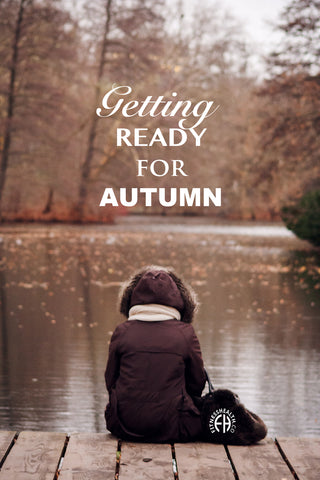
At the end of Summer, the days become shorter, the air gets crisper and the nights draw in. Here are some tips on how to stay healthy:
Keep Holding Onto That Holiday Feeling
It is common to feel deflated at the end of summer, but there are ways to counter this. Give yourself a reward, such as an extra day off, so you’ll feel more energized when you do go back to work.
Making a list of the highlights from your holiday can also help. You can regain that holiday feeling by cooking your favourite holiday dishes or listening to music that reminds you of being away. You can even pretend your home town is a tourist destination, and spend a day exploring its culture, concerts and galleries.
Improve Your Sleeping Habits
We find ourselves going to bed later during the summer, which can make it hard to go back into your usual routine. Try going to bed 10 minutes earlier every night until you get back to your regular time.
To avoid having trouble getting to sleep, have a warm bath, read a book or listen to relaxing music. Also, switch off anything that emits blue light as this can affect your body’s ability to sleep. Your room needs to be completely dark for your body to produce the hormone Melatonin, which helps you go to sleep.
Do not hit the snooze button in the morning. Instead, set your alarm to a slightly later time so you get an extra few minutes sleep.
Keep Fit
If you don’t feel like working out outside when it gets dark earlier, don’t force yourself to. You can find fitness classes to do instead, and include them in your routine every week. Take your gym kit in your work bag, find a route you can take to the class and take a pre-workout snack for energy.
If you are short of time, try a fitness DVD. A HIIT or celebrity dance-based one can be done at home. Then when you are ready, go jogging on Sundays to help you get a dose of vitamin D.
Beware of Allergies
We can spend more time indoors with the windows shut during colder months, which can trigger indoor allergies. Some examples include pets and dust-mites. Symptoms include coughing, sneezing, itchy eyes and a runny nose, which are similar to those of a cold.
Visit your doctor to identify a possible trigger, as well as taking your own steps to overcome the effects. Invest in blinds and hard floors and don’t have many soft furnishings. Use a damp cloth to dust with and use a vacuum regularly with an effective filter. Wash your bedclothes at 60C to kill dust-mites, and throw them back every day to air your bed, and expose it to sunlight. Using anti-allergy bedding can help protect you from mites, and keep your room free from clutter to stop dust forming.
Bibliography:
Penfold. J, ‘Fall for Autumn’, benhealth magazine, Autumn 2015.


